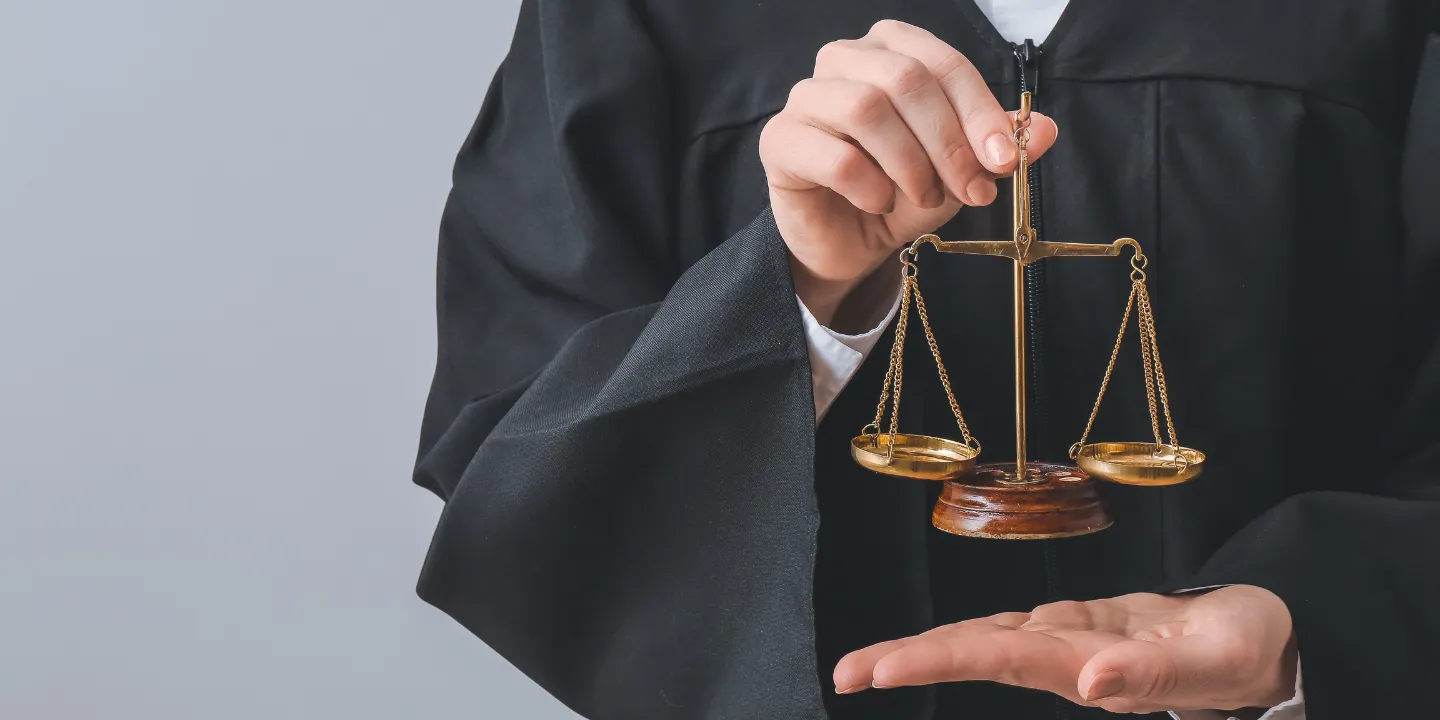Amicus Curiae: Is it Legal to Prosecute a Journalist for Using Data Openly Published by State Authorities?

According to the current legislation of the Republic of Kazakhstan, information about issued court verdicts is public and accessible, and is published on the website of the Supreme Court. However, law enforcement authorities have deemed the use of such information in a publication to be a criminal offence. Although the Constitution guarantees uniform application of laws, is it really the case that government bodies are allowed to publish such data, while journalists are not?
The Case of Oleg Gusev
In his article, journalist Oleg Gusev from Temirtau mentioned that the subject of his piece had previously been convicted. The woman filed a complaint with law enforcement, accusing the journalist of disseminating personal data. The Almaty City Police charged him with a serious criminal offence under Part 5 of Article 147 of the Criminal Code of Kazakhstan (Causing substantial harm to a person's rights and legitimate interests through the unlawful dissemination of personal data via mass media). The penalty for this offence is imprisonment for a term of 3 to 7 years, with no alternative sentence.
Legal Analysis
The journalist’s publication of information about a person's prior conviction, already posted on the official website of the Supreme Court, cannot be regarded as unlawful dissemination of personal data. According to Article 6 of the Law of the Republic of Kazakhstan “On Personal Data and Their Protection,” personal data are classified by their accessibility as either publicly available or restricted. Publicly available personal data are those to which, in accordance with the laws of the Republic of Kazakhstan, confidentiality requirements do not apply.
Information about criminal or administrative liability, including the offender’s full name, the legal qualification of the offence, and the imposed sentence, contained in judicial acts, is considered public and may be freely disseminated. This is explicitly stated in Part 3 of Article 29 of the Criminal Procedure Code and Part 1 of Article 21 of the Code of Administrative Offences. The Supreme Court publishes all verdicts and rulings on criminal and administrative liability on its website, where they are freely accessible and serve as a reliable source of public information.
Thus, the journalist used already published data that is accessible to any citizen. Re-dissemination of publicly available information does not constitute a criminal offence. Moreover, criminal prosecution in this case violates not only freedom of expression, as guaranteed by Article 19 of the International Covenant on Civil and Political Rights (ratified by the Republic of Kazakhstan), but also society’s right to access information, enshrined in Article 20 of the Constitution of Kazakhstan.
Furthermore, criminal prosecution for the use of official information creates a chilling effect — a deterrent to journalistic activity in which journalists may avoid publishing even accurate facts for fear of punishment. This undermines the foundation of free and responsible journalism and obstructs public oversight over the judiciary and law enforcement systems.
The case law of the European Court of Human Rights has repeatedly emphasised that the publication of accurate information from official sources — even if it concerns private individuals — must be protected as serving the public interest. This is especially true in cases involving criminal liability for socially significant offences.
In addition, it should be noted that in its regulatory resolution dated 21 April 2023, the Constitutional Court of the Republic of Kazakhstan upheld the right of the media to distribute images of individuals without their consent. The court found this to be a proportionate limitation on the right to privacy, personal and family secrets, and the protection of honour and dignity, stating:
“The right to one's image should not create unreasonable obstacles to the exercise of other rights, particularly the right to freely receive and disseminate information (Article 20 of the Constitution), nor should it impede the media from reporting on events of public interest and on persons involved in or related to those events.”
Although the ruling specifically addressed the use of images in media publications, by legal analogy, it can be concluded that the public’s right to receive information about events — and the individuals involved in them — takes precedence, unless specifically restricted by law.
Therefore, the criminal prosecution of journalist Oleg Gusev for publishing information about a prior conviction that was already available on the Supreme Court's website contradicts the fundamental principles of freedom of expression and access to information in the Republic of Kazakhstan, and sets a dangerous precedent for restricting the professional activities of journalists.
The “Adil Soz” Foundation hopes that the pre-trial investigation against Oleg Gusev will be terminated, that the constitutional right of citizens to freely access information will be upheld, and that all journalists in the Republic of Kazakhstan will be able to continue publishing publicly available information.





